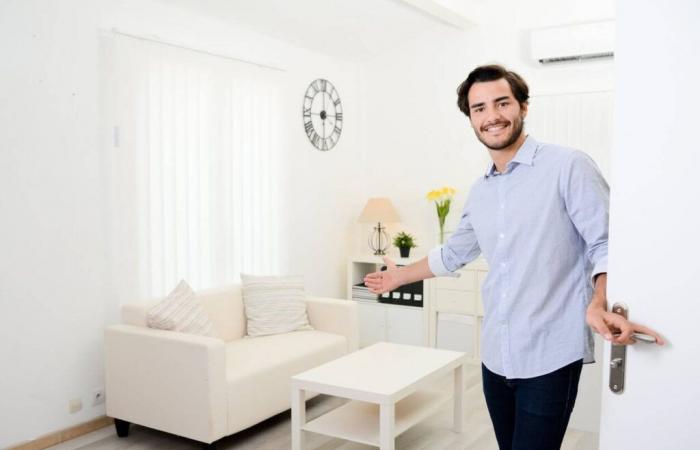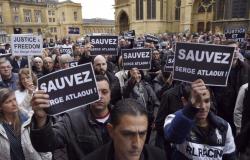New rules governing the rental of furnished tourist accommodation come into force on January 1st. Other provisions, adopted by the Senate at the end of November as part of the examination of the 2025 finance bill, remain pending until the adoption of the budget.
Furnished rental: the new rules / iStock.com – Jean-philippe WALLET
A national reporting platform
From January 1, 2025, owners of furnished tourist accommodation will be required to declare the rental of their property on a national platform. Owners who rent out their own accommodation, on a platform like Airbnb for example, will have to provide proof. This national platform should make it possible to standardize declarations and rental rights across the country, where certain communities had already taken measures aimed at identifying and penalizing excessive practices.
The ban on thermal strainers
If energy-intensive housing has been gradually banned from rental since 2023, tourist rentals still escape this rule. From 2025, furnished tourist accommodation with a DPE (energy performance diagnosis) rating lower than E will be prohibited from renting. Housing rated D will be banned in 2034.
A modification of the calculation of the added value
On November 29, senators adopted several important amendments to the 2025 finance bill modifying the taxation of non-professional furnished rentals. One of the provisions provides in particular for an increase in taxation on resale, by integrating the annual loss in value of the property (accounting depreciation) in the calculation of the capital gain. The increase in capital gain thus mechanically increases the tax to be paid on it. This amendment initially provided for application to sales made from January 1, 2025. Note: Another amendment adopted by the Senate excludes senior residences and student residences from the scope of this article. Finally, a second government amendment excludes establishments for the elderly or disabled. Adopted by the Senate, this second amendment was supplemented by a subamendment excluding tourist residences.
A reform of the tax allowance
The PLF also provided for a reform of the tax reduction on income from non-professional furnished rentals, which until now benefited from a more favorable flat-rate reduction than that of unfurnished rentals. Owners of unfurnished properties affiliated to the “micro-land” regime currently benefit from a 30% reduction on the rents received. Those who are affiliated to the industrial and commercial profits regime (BIC) applied to furnished rentals benefit from a 50% reduction. The reform plans to align the flat rate reduction of the micro-property regime at 50% to reduce the tax gap between the two types of rental and encourage owners to favor bare rental, in order to increase the number of rental housing.






